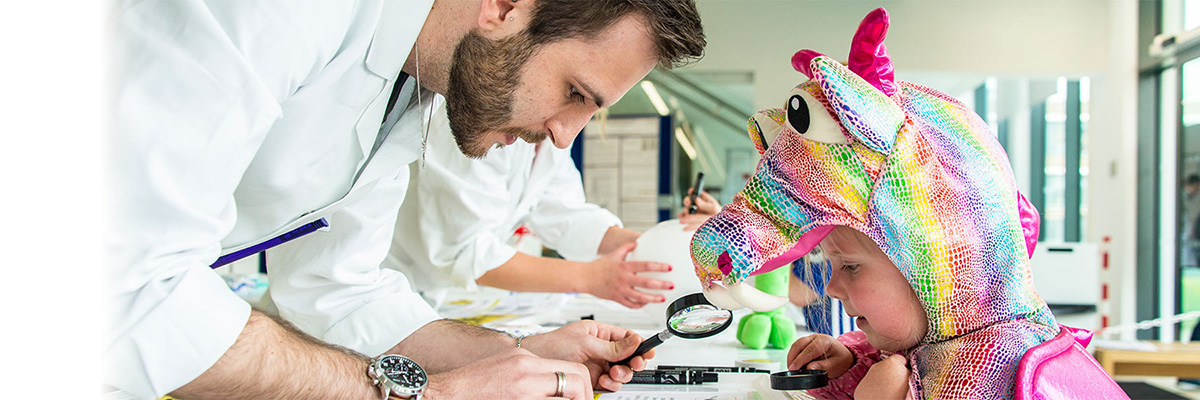Who are the public?
The Public are individuals, groups and communities external to the University. We don’t mean business and industry when talking about public engagement, but you may find that you engage with organisations that represent specific groups, or are running a public project.
They may not have affiliations with the University but may have an interest in, may benefit from, or be able to inform the work we’re doing at the university. They also may not be interested in what we’re doing, and that’s even more reason to try and engage with them! It can be helpful to think about the public as your “target audience”.
Whilst many refer to “the general public” as a broad catch-all, it can be helpful to be as specific as possible when defining your target audience, so you can tailor your engagement approach to suit their preferences and needs and yield more impactful engagement. For example, age, gender, ethnicity, location, lived experience, interests.
Depending on your project, you might be engaging locally, regionally, nationally or internationally.
Understanding our definition of who the public are to us will be explored as part of a process to develop a strategic approach to Public Engagement and this page will be updated accordingly. Watch out for updates soon to get involved.
What support is available?
There is plenty of support and guidance available. Please see the support for Engagement section to identify colleagues/teams to approach.
There is lots of great guidance within this Engagement portal.
Training and development opportunities are shared in the Public and Community Engagement Teams group.
Additional resources and training will be developed to support your Public Engagement activity, as part of a process to develop a strategic approach to Public Engagement and this page will be updated accordingly. Watch out for updates soon to get involved.








.jpg)

.jpg)

